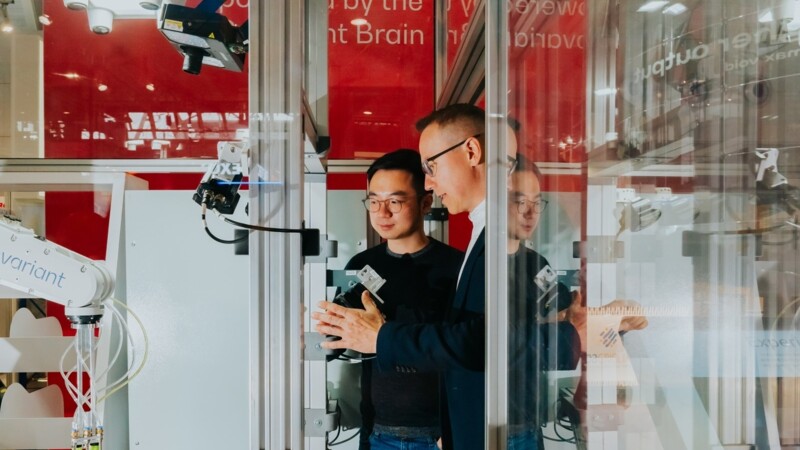Hamburg News: Aren't such fears justified perhaps? AI could replace 300 million jobs, according to a study by the U.S. bank, Goldman Sachs, in April.
Bogula: There are different forecasts and opposing views such as a study by the International Labour Organization (ILO) published in August, according to which generative AI will create more jobs than it wipes out. But at the moment, the bigger problem is the shortage of skilled labour - not job losses - in Germany and Europe. Nearly 68,000 IT vacancies nationwide including 4,000 in Hamburg's local government were registered by the Competence Center for Securing Skilled Workers in 2022. Given the backdrop of demographic change, businesses and local government would do well to digitize existing areas of responsibility so that AI relieves employees of routine tasks and frees up space for higher-value activities. This would lead to more qualified activities instead of more pressure.
Hamburg News: How can other stakeholders i.e., customers and consumers be won over to AI?
Bogula: Through education. First of all, it is important to comply with the framework conditions of data protection and data security. But beyond that, we have to address distrust and reservations about technology, e.g., through information events. We at ARIC explain how AI works and discuss the implications in over 150 annual events. The focus is on informed judgement to overcome a fundamentally defensive, technophobic attitude. Trust in the reliability of technology can only be created through education.
Hamburg News: So is trust a key factor?
Bogula: That's right. Even the best arguments are useless without trust. Therefore, when using AI responsibly, care must be taken to communicate openly and transparently what exactly AI does. Legal certainty, traceability and fair use of AI are crucial - basic trust that AI results are legally compliant, that decisions can be justified or challenged and lastly certainty that no one is favoured or disadvantaged by AI because of certain traits.





